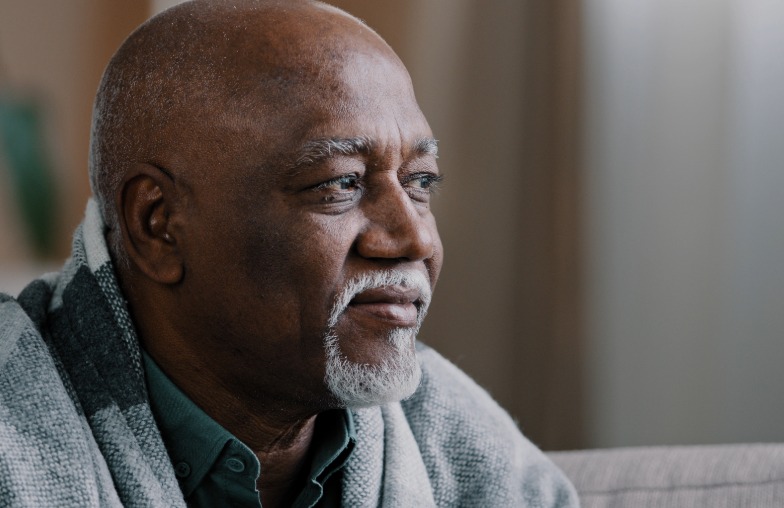Scientific discoveries, practice-changing results and technological breakthroughs
I was honored, along with my distinguished colleagues, to represent Catalyst Oncology at the recent American Association for Cancer Research (AACR) Annual Meeting 2025 in Chicago. With more than 20,000 people in attendance, the AACR conference is one of the most prominent ones in oncology research, bringing together scientists, clinicians, patients, and advocates to discuss the latest breakthroughs in oncology research. This event offers a mix of sessions on basic science and early-phase clinical development, all working toward this year’s theme of “Unifying Cancer Science and Medicine: A Continuum of Innovation for Impact.”
Scientific discoveries and practice-changing results
This year’s AACR conference offered a robust scientific program with more than 7,000 abstracts and numerous educational/plenary sessions and major symposia. Sessions covered cutting-edge scientific discoveries to practice-changing Phase III trial results. I’ve highlighted a few of the more exciting updates here:
Immunotherapy plus standard of care improves outcomes in patients with newly diagnosed head and neck cancer
Merck released results from its Phase III KEYNOTE-689 trial—the first promising result in more than two decades for the treatment of localized head and neck squamous cell carcinoma (LA-HNSCC).
Traditionally, standard treatment for localized HNSCC includes surgery followed by radiation with or without chemotherapy. In the KEYNOTE-689 trial, however, researchers explored the administration of pembrolizumab (Keytruda®) before surgery to enhance the immune response, as well as after surgery to wipe out any residual cancer and reduce the chance of recurrence. The final trial results were encouraging:
- Patients treated with pembrolizumab demonstrated they were 27% less likely to experience a recurrence
- 90% or more of patients experienced a reduction in tumor size
PD-1 blocker experiences positive results in treatment of mismatch-repair deficient (MMRd) solid tumors
A clinical trial led by Memorial Sloan Kettering (MSK) researched the use of dostarlimab, a PD-1 inhibitor, for the treatment of early stage MMRd solid tumors. MMRd solid tumors are cancerous cells with mutations in the genes that are responsible for DNA repair. In the study, 82% of patients with early-stage MMRd solid tumors achieved a full clinical response six months after treatment with dostarlimab, eliminating the need for surgery in most patients.
KRAS inhibitor successfully targets mutated gene in non-small cell lung cancer
A significant advancement with the use of KRAS inhibitors for KRAS G12D-mutated non-small cell lung cancer (NSCLC) was announced at the conference. KRAS G12D mutations account for 4% of NSCLC cases, and in the past, these mutations have been challenging to target and treat. Excitingly, in a recent Phase I trial of zoldonrasib, a novel oral RAS (ON) tri-complex inhibitor that targets the KRAS G12D mutation, 61% of patients who were eligible for efficacy analysis achieved an objective response, and 89% experienced control of their disease.
Innovative technological breakthroughs
There was also no shortage of technological advancements to discuss. Industry experts presented numerous breakthroughs positively impacting oncology research, including:
Artificial intelligence (AI) in oncology trials
Researchers are investigating how AI can be leveraged to gain a better understanding of the tumor microenvironment (TME) and pave the way for more precise, personalized and effective targeted and immunotherapies.
Here are some of the ways AI is being used:
- Integration of data from various sources, such as genomics, proteomics, and imaging, to provide a holistic view of the TME and help researchers identify the various complex interactions and pathways that affect the tumor. (Abstract 3648)
- Analysis of pathology images to identify and quantify the different types of cells within the TME, e.g., immune cells, cancer cells, and stromal cells, and how these various cells interact and affect tumor growth and therapy response. (Abstract 2535)
- Discovery of new biomarkers within the TME that can be used for early diagnosis, prognosis, and monitoring treatment response. (Abstract 1116)
- Prediction of patient outcomes based on characteristics of the TME. (Abstract 3648)
Early detection and liquid biopsies in clinical trials
Liquid biopsies are a powerful, cutting-edge technology that also garnered attention (e.g. Abstract 6357 and Abstract 5879). Liquid biopsies can analyze the genetic makeup of tumors with just a blood sample (rather than a traditional biopsy) to create a detailed genetic profile of a patient’s cancer. They are less invasive than traditional biopsies and can be administered regularly to detect ongoing changes to the tumor.
The AACR Annual Meeting 2025 was a remarkable gathering that showcased the latest advancements in oncology research. From practice-changing clinical trial results to innovative technological breakthroughs, the conference highlighted the tremendous progress being made.




